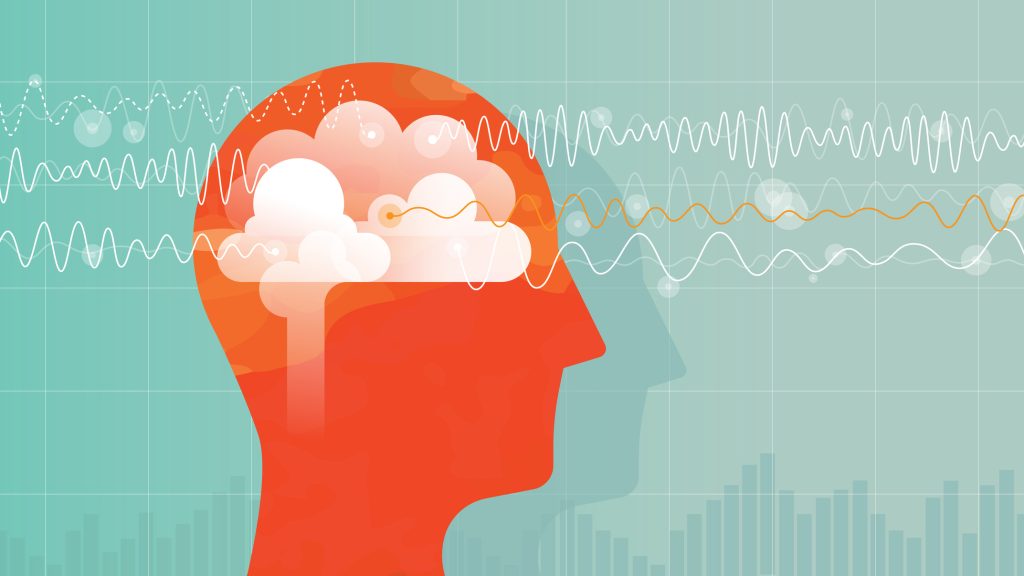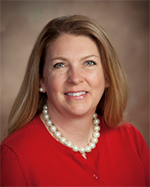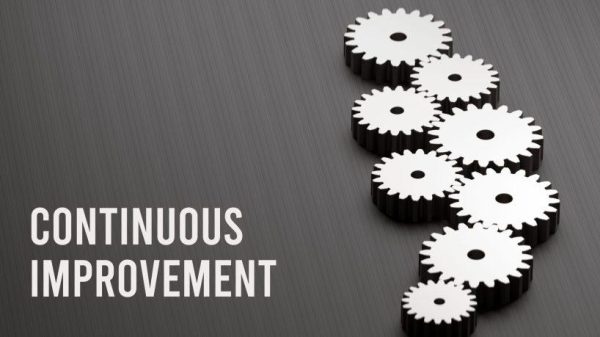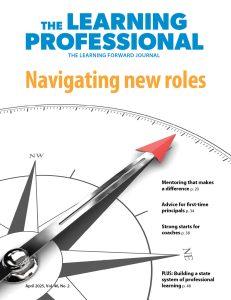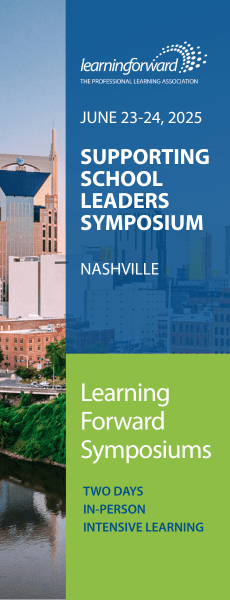Do you feel this school year is even harder than last? If so, you’re not alone. I’m hearing this from educators all over, and it’s been my own experience, too. We continue to face difficulties that we hoped to leave behind in June, plus a host of new ones that are often complex and heated. Finding a way forward is a constant challenge, one that asks us to dig deep for solution after solution.
It is important to acknowledge that, 19 months into this pandemic, we are tired. We have all been experiencing long-term, sustained stress, and our brains and bodies are not designed to function well under these conditions. In an August Washington Post article, psychologist Amy Cuddy and writer JillEllyn Riley coined the term “Pandemic Flux Syndrome” to refer to the feelings of “acute anxiety, sadness and detachment” that so many of us are experiencing. Psychologist Adam Grant, in his latest TED Talk, referred to a widespread sense of languishing, and education consultant Jennifer Gonzalez explained why teachers are “barely hanging on” in a recent episode of The Cult of Pedagogy podcast.
A frame that I find helpful for understanding the state we’re in is VUCA (Volatility, Uncertainty, Complexity, and Ambiguity). The term comes from the Army War College and is about learning to think and plan strategically in times when there is no “right” answer. While we all faced moments of VUCA before COVID, the pandemic has brought with it a season of VUCA that has had no breaks.
Throughout this long period, we have repeatedly heard calls for self-care. Perhaps in the early days of the pandemic, a bubble bath, some yoga sessions, or time spent with a good book brought some relief. But at this stage of the pandemic, telling an educator (or any front line worker) to exercise those forms of self-care is tone-deaf at best, offensive and negligent at worst.
Caring for ourselves is vitally important, but we should work to redefine self-care. We should focus on finding meaning and real satisfaction in our work and personal lives instead of covering up our stress and discontent. Although it might sound counterintuitive, one way to do that is giving yourself time and space to engage in professional learning.
''We should work to redefine self-care. We should focus on finding meaning & real satisfaction in our work & personal lives instead of covering up our stress & discontent.'' @Winslost Share on XI’m not talking about the outdated sit-and-get type of professional learning, but the kind of engaging, inquiry-based learning that happens when an educator chooses an area of interest to specifically target a practice or piece of content they want to master. Such high-quality professional learning is energizing and inspiring. It can reignite your passion for education.
Engaging in high-quality professional learning meets three conditions identified by Adam Grant in his talk about how to move out of the state of stagnation and overwhelm of languishing. Those conditions are:
- Mastery – You must have the desire to master the activity. We all want to be the very best educators we can possibly be, so working towards mastery is a condition that is easily met as we learn, practice, and aim to master new content or strategies.
- Mindfulness – You need to be mindful of your time, giving yourself space and opportunity to engage in the activity. When you really engage in professional learning, you have to set aside time to truly engage – you have to turn off email, limit distractions, and turn yourself over to the learning experience.
- Mattering— The activity you are engaging in needs to truly matter to you and to others. There is no question that this work matters. In fact, it matters now more than ever before, because the students need us and we need each other so much.
If you are feeling a little (or a lot) worn out, stuck, anxious or overwhelmed, I encourage you to take a moment and think about engaging in some learning that you have been putting off. It might be something that relates directly to your current challenges, but it might instead be something you’ve wanted to learn for a long time, like how to become a mentor to other teachers or learning another language to communicate with your students’ families. Try taking some time to pursue this interest. You may be surprised at the small sense of control you gain and the inspiration you find to keep going.
''If you are feeling a little (or a lot) worn out, stuck, anxious or overwhelmed, I encourage you to take a moment & think about engaging in some learning that you have been putting off.'' @Winslost Share on XI also encourage you to advocate for dedicated professional learning time and resources in your job role. Learning should be part of who we are as educators, and we all deserve time on the job to improve our practice. Gather some like-minded colleagues and propose a professional learning community. Join a virtual network or course and share with your supervisors what you are learning and how it is helping you meet your system’s goals for students. Work with your professional learning department to let them know what topics are of high interest and need right now.
However you decide to proceed, remember that what you are doing is hard but important, what you are feeling is normal, it is okay to cry. Most importantly, you are absolutely not in this alone. Your professional learning community can be a tremendous support during this stressful time. Whether you are already part of such a community, or just starting to find one, remember that time learning together is time well spent.
Sources:
Cuddy, A., & Riley, J. (2021, August 11). Why this stage of the pandemic makes us so anxious. Washington Post.
Grant, A. (Presenter). (2021, September 28). How to stop languishing and start finding flow. Speech presented at TED. Gonzalez, J. (Host). (2021, October 19). Teachers are barely hanging on (No. 179) [Audio podcast episode]. In Cult of Pedagogy. Cult of Pedagogy. https://www.cultofpedagogy.com/barely-hanging-on/


